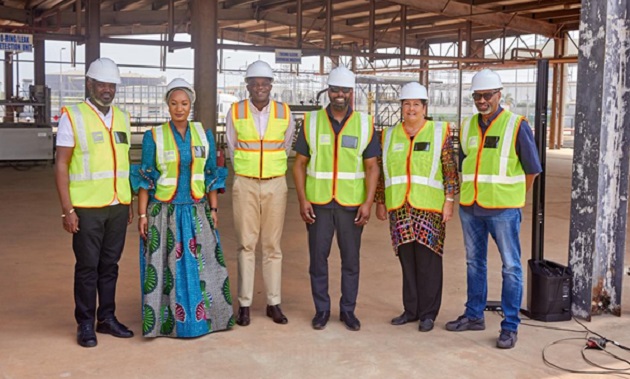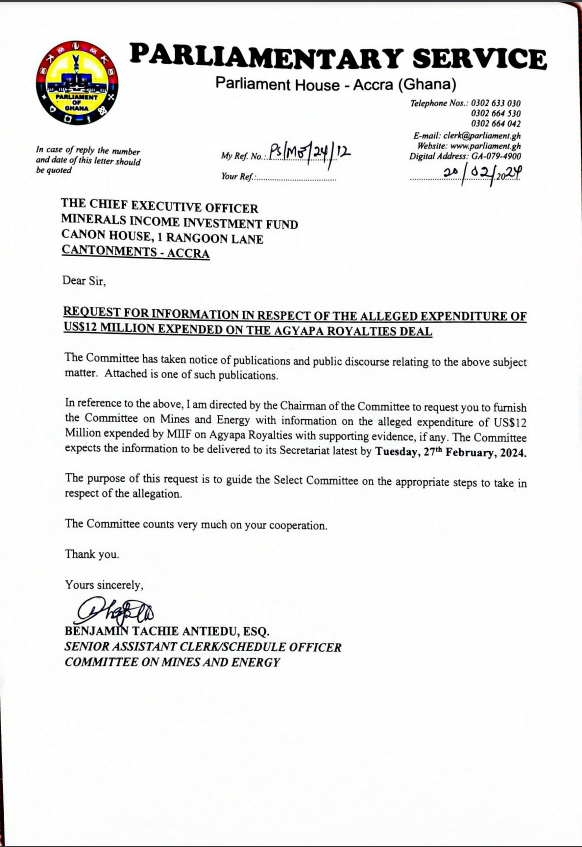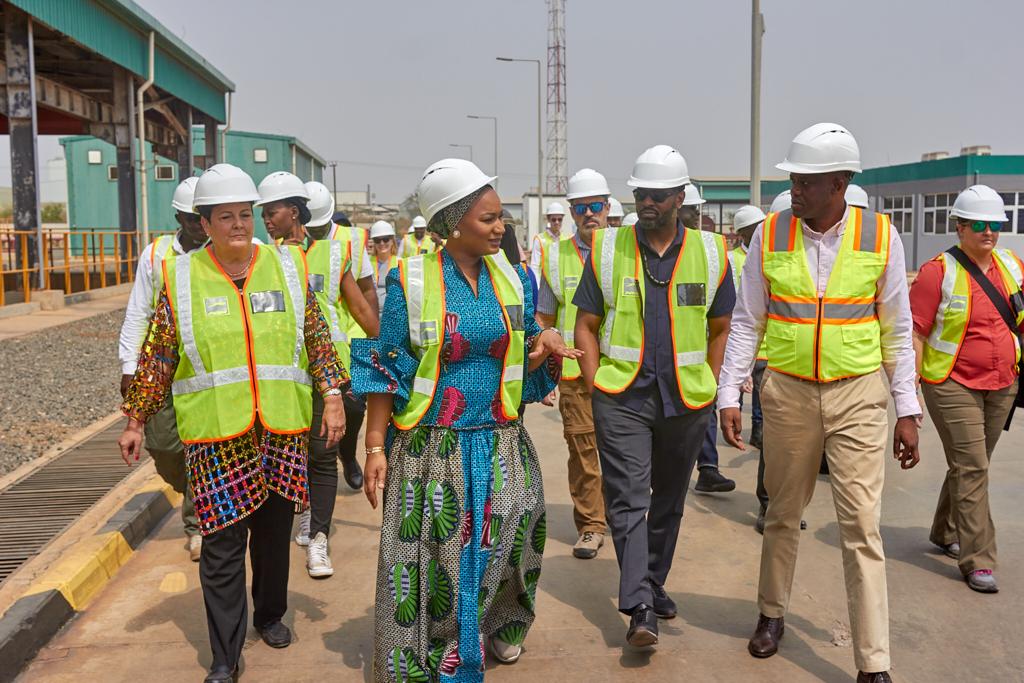
By Lydia Kukua Asamaoh, GNA
Accra, March 12, GNA – Energy and water experts in Ghana are being trained in renewable energy software to enable them to integrate the softwares into climate policies.
The West African Science Centre on Climate Adaptation and Land Use (WASCAL), in partnership with the Stockholm Environment Institute (SEI), is providing the training.
The Softwares, known as the Long-range Energy Alternatives Planning System (LEAP), and the Water Evaluation and Planning System (WEAP), are already existing at the Water Resources Commission and the Energy Commission, Ghana.
They would further be improved upon, within the course of the training and afterwards, to help in examining the Water-Energy Nexus under climate change.
The five-day workshop is being attended in Accra by experts from the Ministry of Environment, Science, Technology and Innovation, the Ministry of Energy, the Water Research Institute, the Energy Commission, the Volta River Authority and the Kwame Nkrumah University of Science and Technology.
Dr Davaraj de Condappa, the Senior Research Fellow and Hydrologist, in charge of the Integrated Water Resources Management at the Stockholm Environment Institute, said the workshop was about helping Ghana in her renewable Energy bid.
It is also to help produce electricity from renewable resources as parts of the country’s Nationally Determined Contributions (NDCs) under the climate change adaptation measures.
He explained that water was one of the sources of renewable energy, and also to produce water, energy was needed, therefore, the workshop would help provide the needed training that would ensure that both the energy and water sector work together for renewable energy generation.
Dr He said both the LEAP and WEAP software were developed by the SEI under the Climate Information for integrated Renewable Electricity Generation (CIREG) project, that involve the Volta River basin in Ghana and Burkina Faso, the Niger basin in Niger and the Mono Basin in Togo.
It would help in exploiting the abundance of renewable energy potential in the countries for the implementation of modern energy technologies, as well as co-develop climate services and solutions to provide relevant information to stakeholders and decision-makers.
Dr Davaraj de Condappa said since the Water and Energy commissions were already using the software applications, the other stakeholder institutions not using them had been brought together to be provided with the initial skills, while the existing ones would be improved.
He said there would be series of workshops in the course of the year and in 2020 to bring all participating stakeholders at par on the knowledge of the software so they could advice government policies in the areas of climate change impact and also examine scenarios that were relevant to Ghana.
Mr Mbeo Ogeya, the Research Fellow in Energy and Climate Change, SEI, said the software tools would enable Ghana to forecast into all energy systems including hydro and solar to aid decision making and guide future projections.
It would also guide planners in what sources of energy, be it solar, firewood or kerosene were needed to satisfy the demand of the populace, feeding into the SDGs and the NDCs.
Mr Ogeya said the project would look more into the hydrological resource base or water resources, which was required for agriculture, hydropower, human consumption, building and construction, and industrial use, against the backdrop of water scarcity due to climate change impact.
The CERIG project is billed for three years and it was looking at co-creation and building of tools with the local experts in the selected countries to ensure the sustainability of the tools year by year for planning purposes.
GNA
Read Full Story





















Facebook
Twitter
Pinterest
Instagram
Google+
YouTube
LinkedIn
RSS